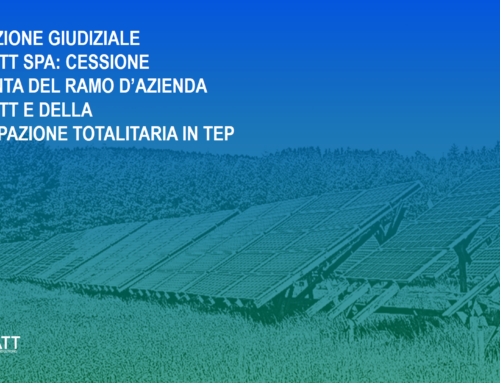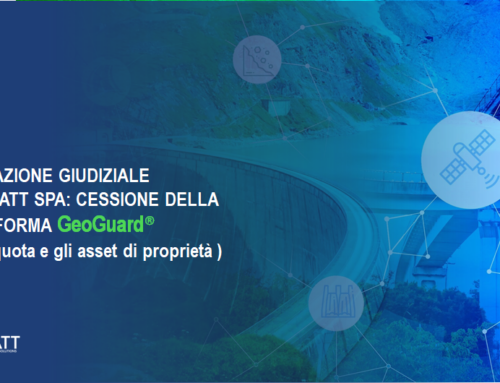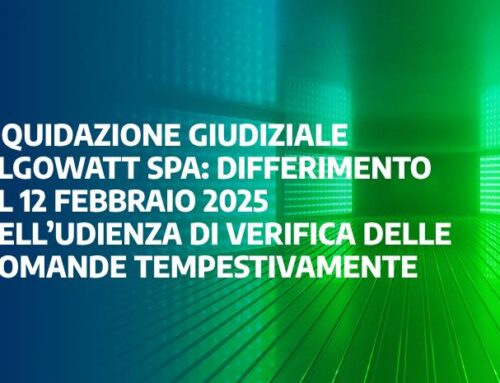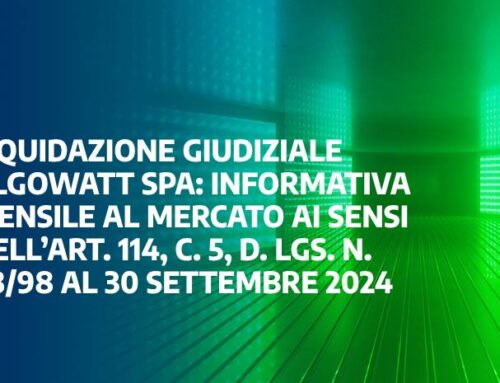- A 5G-GNSS hybrid positioning engine will be developed for mission-critical applications such as autonomous guidance of drones, cars, robots in complex urban environments
- The two-year project will be coordinated by GReD and will also involve the Politecnico di Milano and Vodafone
algoWatt, a GreenTech Company listed on the Euronext Milan market of the Italian Stock Exchange, is a subcontractor in the HYPER-5G project“Hybrid positioning engine running on 5G and GNSS”, financed with a grant of approximately Euro 400 thousand by the European Space Agency-ESA within the ESA NAVISP Element 2 programme. The project aims to create a solution that enables the convergence of localisation systems based on the integration of the global satellite navigation system with the 5G network. Precise positioning will, in fact, undergo exponential growth with the advent of autonomous driving of cars, drones, robots and the technological development of smart devices. The continuous outdoor-to-indoor transition and vice versa, as well as the growing need for precise and reliable positioning in densely populated and built-up urban environments, must be based on 5G-GNSS hybrid positioning technologies. In this sense, the HYPER-5G project aims to study, design and develop the necessary algorithms and software to implement a precise positioning engine to jointly use GNSS and 5G multi-constellation observations, also exploiting GNSS PPP-RTK techniques. 5G signals can be used to derive an accurate location for receiving devices. While most users today rely on GNSS positioning, the hybridisation of 5G and GNSS can provide several advantages in terms of availability, accuracy in urban environments and seamless outdoor-indoor positioning. algoWatt‘s participation in the project will enable the company to further develop its technical expertise on 5G and GNSS and to refine the technologies already available in its solution portfolio for: geodetic and environmental precision monitoring of critical infrastructures and natural hazards (GeoGuard suite); Intelligent Transportation Systems ITS) applications for sustainable mobility (MyMaaS suite); advanced drone-based services (e.g. Operation & Maintenance of renewable energy plants, ER-PAM suite). The two-year project is coordinated by GReD (Geomatics Research & Development), and will also involve the Politecnico di Milano and Vodafone.







